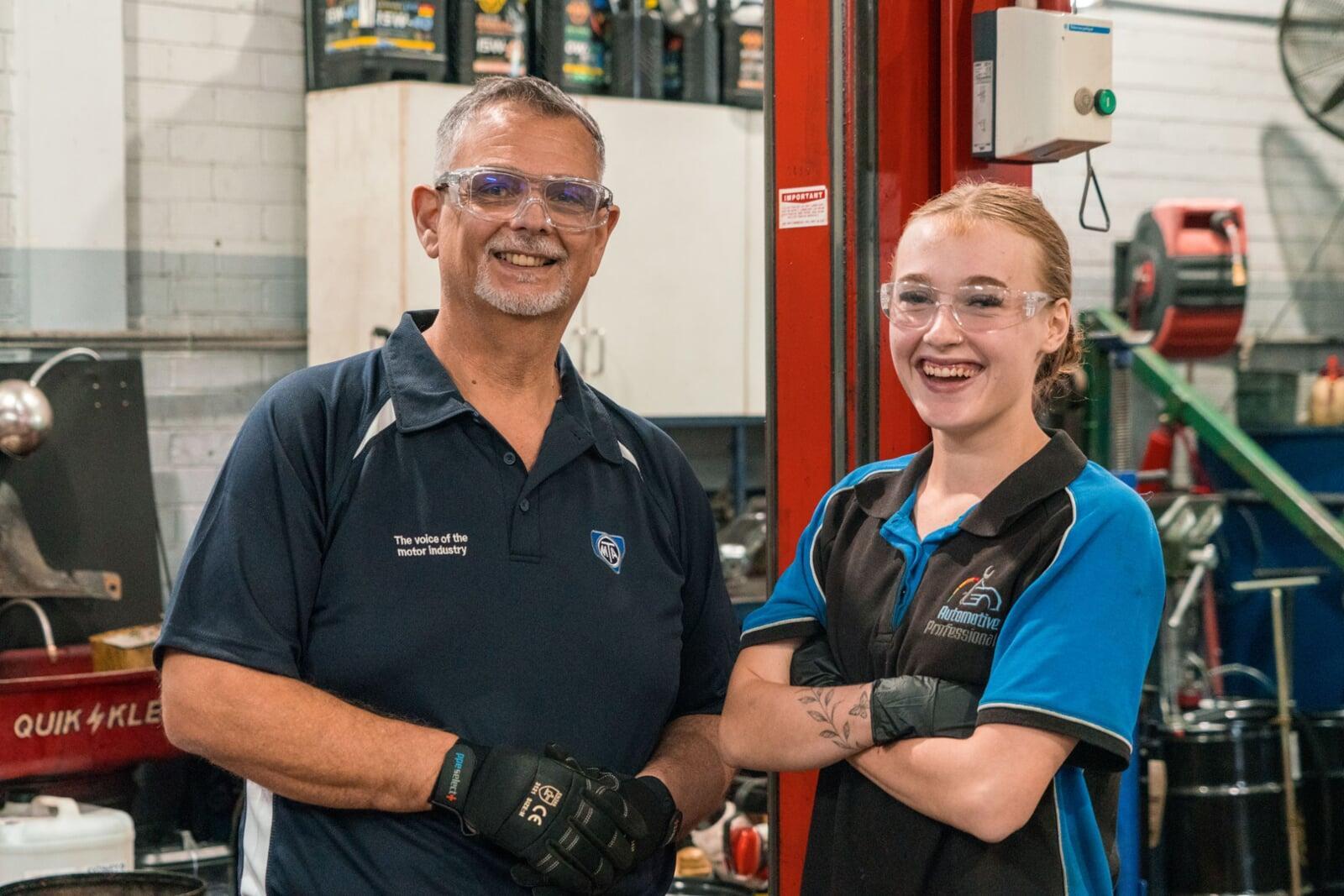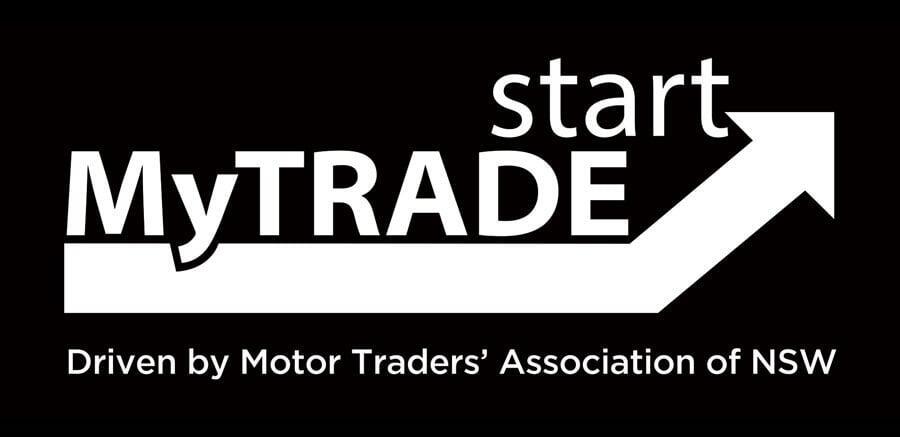
Train with MTA NSW
We don't just train people, we unlock their potential and passion for the automotive industry - and that's not something that can be achieved by throwing people into an overcrowded classroom and treating people like they are all the same.
The Enrolment Process
The employer is to make contact with an Australian Network Provider (ANP) which will then come to the workplace to have the training contract signed by the employer and the learner. From there the ANP will notify MTA NSW of the relevant learner details. An MTA NSW Training Officer will then contact the employer to arrange a suitable time and date for the induction visit. At this induction the Learner and the Employer are provided with details of the program including payment options for the applicable student fee. Induction will also include navigation through this Handbook, the Training Plan, receipt of signed Training Plans and other useful resources such as the Training Department’s website and the Student Management System.
Battery Electric Vehicles
Future-Ready EV Skills Start Here Step confidently into the evolving world of electric vehicles with nationally accredited training designed to equip you with the skills industry demands. Whether you're an experienced technician or just starting your journey, these hands-on courses will prepare you for the future of mobility.
- AURETH101 - Depower and Reinitialise Battery Electric Vehicles (BEVs). Learn the essential safety procedures and technical steps to safely depower and reinitialise BEVs, ensuring you're ready to work on high-voltage systems with confidence.
- AURSS00064 - Battery Electric Vehicle Inspection and Servicing Skill Set. Gain practical experience in inspecting and servicing BEVs, with a focus on diagnostics, maintenance, and performance checks aligned with current industry standards.
With expert-led training, real-world applications, and nationally recognised qualifications, you’ll be ready to meet the growing demand for EV expertise. Learn, grow, and prepare for the future of mobility—starting today.
Motorcycles
Ignite your passion for motorcycles by gaining the in-depth knowledge and hands-on skills to excel as a motorcycle technician. Our onsite training program covers a wide range of topics, from diagnosing and repairing complex mechanical systems to utilising cutting-edge technology. Whether you dream of restoring a classic or mastering the intricacies of a modern sports bike, our expert trainers will guide you every step of the way, equipping you with the ability to thrive in this exciting industry.
Mechanical
Learn about the design, operation, and maintenance of vehicles, including cars, trucks, and motorcycles. This field combines elements of mechanical engineering and automotive technology, covering topics such as engine mechanics, transmission systems, suspension and steering, and electrical systems. Graduates of mechanical automotive courses may pursue careers in vehicle manufacturing, repair, or design, among other related fields.
Paint and Panel
Learn about the repair, maintenance, and customisation of vehicle bodies, including painting, dent removal, and rust repair. This field combines elements of auto body repair and painting, covering topics such as surface preparation, painting techniques, colour matching, and panel replacement. Graduates of automotive paint and panel courses may pursue careers in auto body repair shops, custom car design, or automotive manufacturing, among other related fields.
Automotive Electrical
Learn about the electrical systems used in modern vehicles, including the design, installation, and maintenance of these systems. This field combines elements of electrical engineering and automotive technology, covering topics such as batteries, charging systems, lighting, and communication systems. Graduates of automotive electrical courses may pursue careers in vehicle repair, manufacturing, or design, among other related fields.
Sales and Administration
Learn about the business and administrative side of the automotive industry, with a focus on sales and marketing. This field covers topics such as automotive marketing, customer service, sales techniques, and financial management. Students can expect to develop practical skills and gain experience in areas such as inventory management, financing, and after-sales services. Graduates of automotive sales and administration courses may pursue careers in vehicle dealerships, fleet management companies, or auto finance institutions.
Tyre Servicing
Learn about the repair, replacement, and maintenance of vehicle tyres. This field covers topics such as tyre wear and damage diagnosis, wheel alignment, balancing, and mounting and dismounting tyres. Students can expect to develop technical skills and gain practical experience through hands-on projects and lab work. Graduates of tyre servicing courses may pursue careers in tyre repair shops, automotive service centres, or automotive manufacturing, among other related fields.
Air Conditioning
Learn about the operation, maintenance, and repair of air conditioning systems in vehicles. This field covers topics such as refrigeration theory, compressor and evaporator functions, system diagnosis and repair, and regulatory requirements for handling refrigerants. Graduates of automotive air conditioning courses may pursue careers in automotive repair shops, vehicle manufacturing, or air conditioning service centres.


